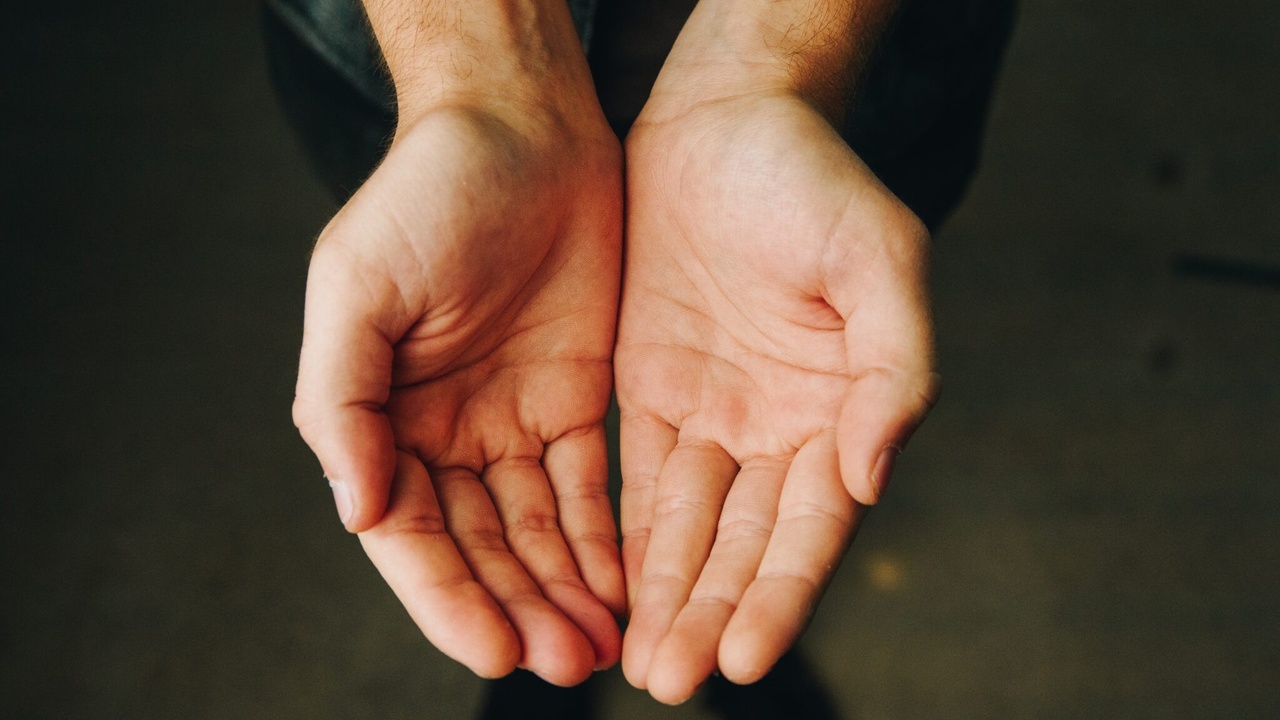Takers, Traders, and Givers: Which Are You?
Jan 27, 2025
In recent years, I’ve asked several very successful friends this question: “How important are relationships to the flourishing of your personal life and the success of your business?” They always respond with one word: vital. Not surprisingly, then, the folks I know who are the most successful in life are also very rich in relationships. These people invest not only their time, but they invest their energy into the projects of other people. They invest their resources in order to help others succeed, and they put their money where their relationships are by investing hard-earned dollars into others. Is this true of you and your relationships?
Where do you invest your energy?
Where do you invest your experience and skills?
Where do you invest your money?
The answers to these questions help me determine how deeply I’m investing in my relationships. In short, they reveal my relational model or heart. Do I have the heart of a Taker, a Trader, or a Giver?
Takers
We all know what a relational Taker is. No one wants to be one, and no one wants to work with one. Takers aren’t flourishers. Instead, a Taker is always keeping accounts. He is always asking, “What do people owe me?” or “How can I get a leg up?”
It’s insulting to be around relational Takers knowing they don’t really care for you and will leave once they get what they want. It still happens all the time, though, especially in the world of “networking,” which is a full-time sport these days. (There’s definitely a way to do networking well, but Takers don’t do it well. This article is a bit dated but does a good job of describing the difference.)
Traders
A Trader, on the other hand, is a person who is always trading one thing for another—always bartering, always giving, but also always taking. A Trader is sly and sneaky; they do things in business and in relationships for the sake of the transactions in order to make a trade. They appear to be interested or giving, but they are really setting up the exchange for something they want or need.
If it’s insulting to be around a Taker, it is exhausting to be with relational Traders—someone who lives with a running ledger that defines and throttles the level of depth and authenticity of your relationship. My mom taught me not to keep score with people, and it’s one of those pieces of Mom wisdom that’s stuck with me.
Givers
Givers, however, always trump Takers and Traders in the flourishing hierarchy. They give freely, and they give often. They give their time, their talents, and their resources, and when they do this, their flourishing bank account gets big. In contrast, our flourishing bank account suffers when we’re focused on calling accounts due and bent on trading this for that. Trading turns a relationship dirty. If I’m doing this for you so that you can do that for me, then the waters of our relationship are muddied.
When you find a Giver, you find someone who wants to pour into the agendas and passions of others. You find someone who has energy for other people, not just when or if it benefits them, but because they care about the person and desire to help them.
It’s the great irony: Givers are the ones who get taken from and yet they end up with the most.
Conclusion
The 18th century English writer Samuel Johnson reportedly said, “The true measure of a man is how he treats someone who can do him absolutely no good.” I know people give billions away each year (though financial giving is actually down), but I think our culture’s composite generosity score is low. Are we giving in ways that can’t be reported on a tax receipt? What if our giving—what if our pouring into others—wasn’t just a duty but a way of life? What if sacrifice was the language we spoke to everyone, and they not only heard it, but also knew and felt it? The world would change overnight!
David Brooks wrote a great fictional essay called The Social Animal in which Harold, a man who has felt like the center of the universe (because we all do to some degree) hears a neuroscientist explain:
I’ve come to think that flourishing consists of putting yourself in situations in which you lose self-consciousness and become fused with other people, experiences, or tasks … It happens most when we connect with other people. I’ve come to think that happiness isn’t really produced by conscious accomplishments. Happiness is a measure of how thickly the unconscious parts of our minds are intertwined with other people and with activities. Happiness is determined by how much information and affection flows through us covertly every day and year.
It’ll take some time, but you can read the whole story here if you want.
To mention another story, the Good Samaritan wasn’t a full-time caregiver to people. He wasn’t a Red Cross volunteer or an employee of a new nonprofit to the homeless and broken. He had something to do; he had an agenda. He was on his way somewhere for some reason, but when he came upon a need, he gave of his time and his energy and his money. He interrupted his routine, took a risk, gave deeply, and helped someone else. He gave.
Want to receive Steve's articles in your inbox?
Subscribe here.
We will never sell your information, for any reason.

